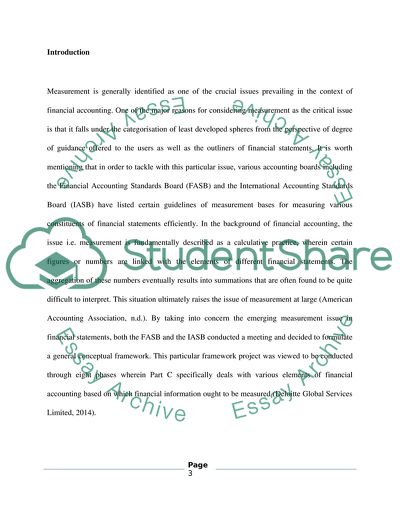Cite this document
(The measurement issues in accounting Essay Example | Topics and Well Written Essays - 2250 words, n.d.)
The measurement issues in accounting Essay Example | Topics and Well Written Essays - 2250 words. https://studentshare.org/finance-accounting/1839576-the-measurement-issues-in-accounting
The measurement issues in accounting Essay Example | Topics and Well Written Essays - 2250 words. https://studentshare.org/finance-accounting/1839576-the-measurement-issues-in-accounting
(The Measurement Issues in Accounting Essay Example | Topics and Well Written Essays - 2250 Words)
The Measurement Issues in Accounting Essay Example | Topics and Well Written Essays - 2250 Words. https://studentshare.org/finance-accounting/1839576-the-measurement-issues-in-accounting.
The Measurement Issues in Accounting Essay Example | Topics and Well Written Essays - 2250 Words. https://studentshare.org/finance-accounting/1839576-the-measurement-issues-in-accounting.
“The Measurement Issues in Accounting Essay Example | Topics and Well Written Essays - 2250 Words”. https://studentshare.org/finance-accounting/1839576-the-measurement-issues-in-accounting.


